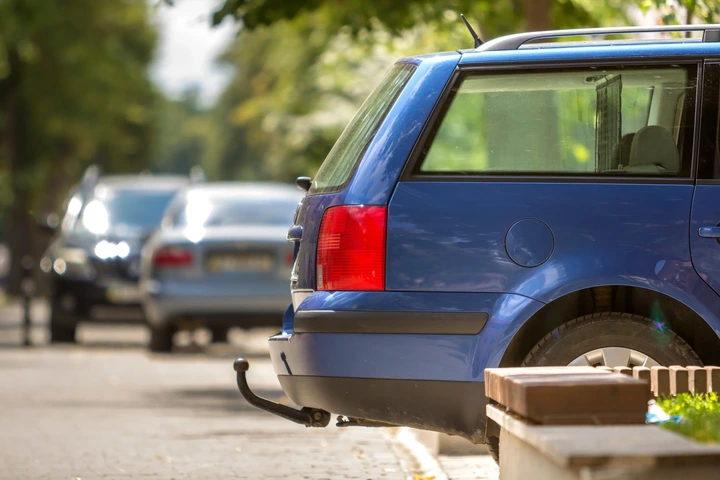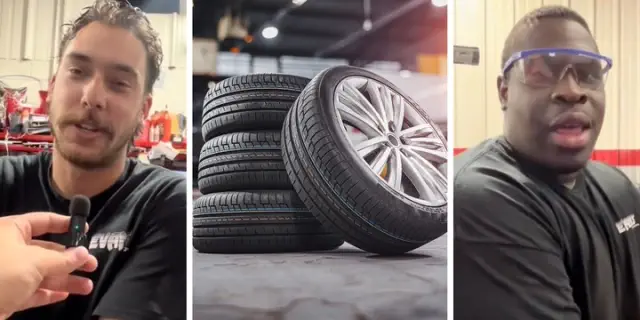
View pictures in App save up to 80% data.
Automobiles can be quite costly, and many individuals view their cars as a valuable investment. It’s important to select a vehicle that will endure over time. Nonetheless, your involvement is crucial as well. Consistent maintenance and certain practices can significantly influence the longevity of your automobile. So, how can you enhance the lifespan of your car? Here are five simple steps you can take to ensure your vehicle continues to perform well for years to come.
1. Adhere to a Consistent Maintenance Routine
Regular maintenance is crucial for ensuring the longevity of your vehicle. Adhere to the guidelines in your owner's manual for suggested intervals on oil changes, tire rotations, and filter replacements. Ignoring these minor yet vital tasks can result in expensive repairs later on. Maintaining proper levels and cleanliness of your fluids—such as brake fluid, coolant, and transmission fluid—can avert serious engine issues. A car that receives consistent care not only operates more efficiently but also uses fuel more sparingly, ultimately saving you money over time. Think about opting for reliable local mechanics or tackling straightforward jobs like air filter replacements yourself to maximize your savings.
2. Work More Intelligently, Not More Strenuously
The way you operate your vehicle plays a crucial role in determining its longevity. To prolong your car's life, steer clear of rapid accelerations and abrupt stops, which can put excessive stress on the engine, brakes, and tires. Adhering to speed limits and utilizing cruise control when feasible can help you maintain steady speeds. Additionally, prolonged idling can lead to unnecessary damage, so it's wise to turn off the engine if you expect to wait for over a minute. Smooth driving not only minimizes wear and tear but also enhances fuel efficiency. By embracing improved driving practices, you'll be able to cut down on repair expenses and fuel consumption.
3. Maintain Your Tires in Excellent Condition
Tires may not always be top of mind, but they are essential for your vehicle’s performance and durability. It's important to monitor your tire pressure every month and adjust it to the level specified by the manufacturer. Tires that are either underinflated or overinflated will wear out more quickly and can negatively impact your fuel efficiency. To promote even wear and extend the lifespan of your tires, be sure to rotate them every 5,000 to 7,500 miles. Additionally, aligning and balancing your wheels is crucial, as misalignment can lead to uneven wear and put extra strain on your suspension system. Taking care of your tires is a wise investment that not only saves you money on future replacements but also enhances your vehicle's safety.
4. Safeguard the Exterior and Interior of Your Vehicle
Although the engine is crucial, don’t overlook the importance of your car’s exterior and interior. Make it a habit to wash and wax your vehicle regularly to shield it from rust, corrosion, and fading that can result from dirt, debris, and UV exposure. Consider using seat covers and floor mats to minimize wear and tear inside, particularly if you often transport children, pets, or heavy loads. Whenever possible, park in shaded areas or utilize a sunshade to protect your dashboard and upholstery from cracking or discoloration. Simple preventative steps can help maintain your car’s fresh look and feel for an extended period. Taking care of your car’s aesthetics can also enhance its resale value.
5. Tackle Minor Issues Before They Escalate into Major Problems
Neglecting small car issues can result in expensive repairs down the line. What may appear to be a minor leak, unusual sound, or warning light could indicate a deeper problem. It's crucial to address these concerns promptly to prevent significant damage. Ensure that you replace any worn components, like brake pads or spark plugs, in a timely manner to keep your vehicle performing well and safely. Monitoring your car’s condition can help you save money and prolong its longevity. Taking action early is always more economical and less stressful than dealing with a breakdown later on.
Minor Actions, Major Benefits
You don’t need to spend a fortune to increase your car’s lifespan. Simply being proactive and consistent in your maintenance routine can make a significant difference. By conducting regular upkeep and being attentive to your vehicle's needs, you can effectively maintain its value and performance. Here are five tips to help you ensure your car stays in great shape for years to come.
What’s the farthest distance you’ve ever traveled by car? What tips or techniques did you use to stay focused and safe on the journey?









